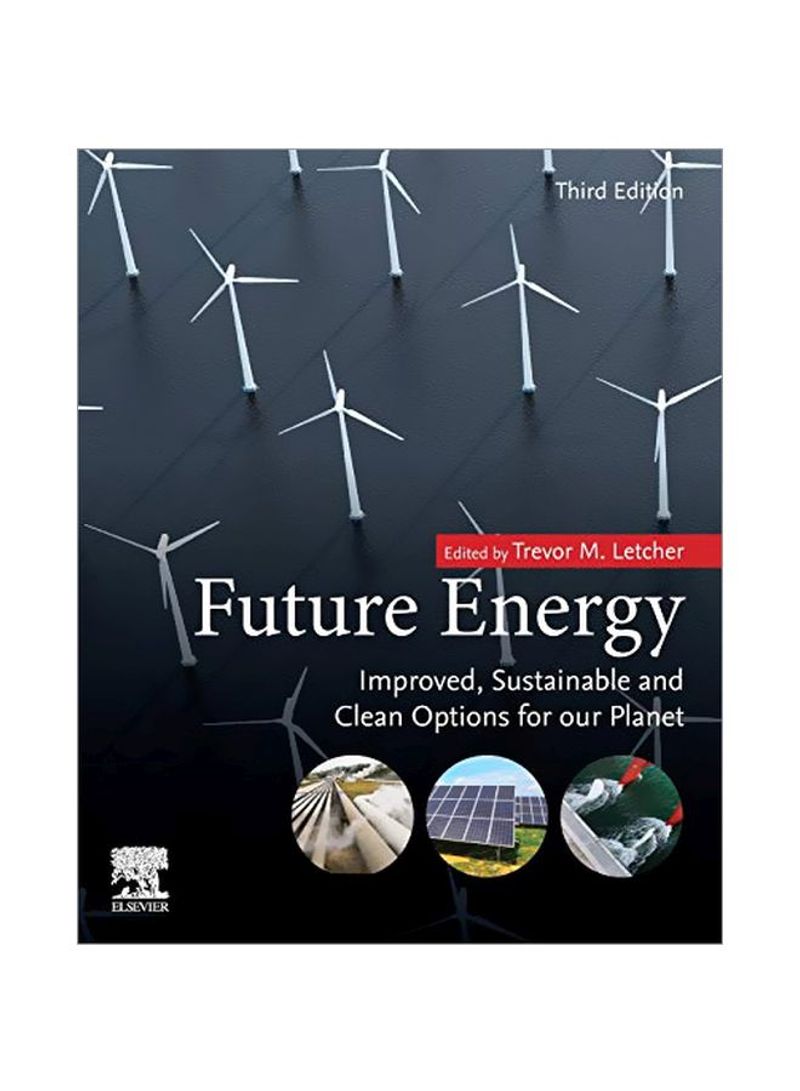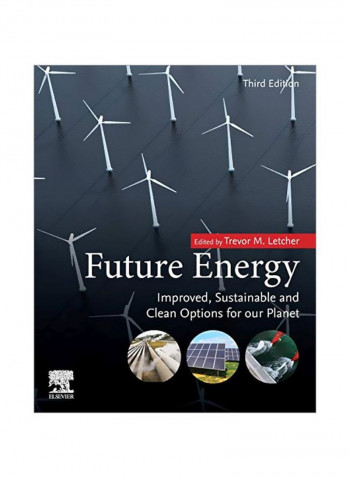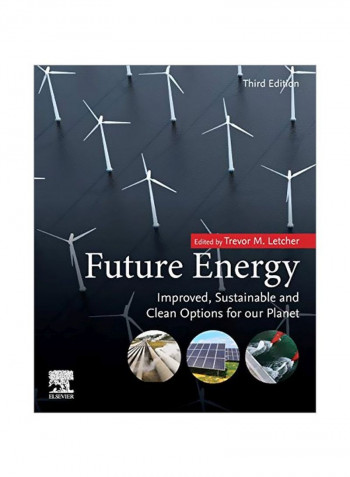Future Energy: Improved, Sustainable And Clean Options For Our Planet Paperback 3
Recommend
Sort by
Rating
Date
Specifications
Author 1
Trevor M. Letcher
Book Description
Taking in a wide range of film, television, and literature, this volume explores 21st century horror and its monsters from an intersectional perspective with a marked emphasis on gender and race. The analysis, which covers over 70 narratives, is organized around four primary monstrous figures-zombies, vampires, witches and monstrous women. Arguing that the current horror renaissance is populated with willful monsters that subvert prevailing cultural norms and systems of power, the discussion reads horror in relation to topics of particular import in the contemporary moment-rampant sexual violence, unbridled capitalist greed, brutality against people of color, militarism, and the patriarchy's refusal to die., , Examining ground-breaking films and television shows such as Get Out, Us, The Babadook, A Quiet Place, Stranger Things, Penny Dreadful, and The Passage, as well as works by key authors like Justin Cronin, Carmen Maria Machado, Helen Oyeyemi, Margo Lanagan, and Jeanette Winterson, this monograph offers a thorough account of the horror landscape and what it says about the 21st century world.
ISBN-13
9780081028865
Language
English
Publisher
Elsevier Health Sciences
Publication Date
07-Feb-20
Number of Pages
820
About the Author
Matthew Jakupcak, PhD, is a clinical psychologist and researcher who has studied and treated psychological trauma, post-traumatic stress disorder (PTSD), and high-risk behaviors in military veterans, first responders (i.e., firefighters, paramedics, police officers), and young adults. Jakupcak is an associate professor at the University of Washington School of Medicine, and has published more than fifty peer-reviewed scientific articles and book chapters, and presented at over sixty national and regional conferences and workshops on the topics of PTSD, depression, suicidal behaviors, interpersonal violence, and behavioral activation treatment interventions in trauma-exposed populations. He lives in Missoula, MT., , Amy Wagner, PhD, is a clinical psychologist with the PTSD Clinical Team at the VA Portland Health Care System, and associate professor at Oregon Health and Science University. She specializes in cognitive-behavioral treatments for PTSD, and dialectical behavior therapy (DBT); and holds a part-time practice with a focus on the treatment of PTSD and related disorders. She has published numerous articles on PTSD, and, with Matthew Jakupcak, completed the first randomized clinical trial of behavioral activation for the treatment of PTSD., , Christopher R. Martell, PhD, ABPP, is a licensed psychologist, and is board certified in clinical, behavioral, and cognitive psychology through the American Board of Professional Psychology. He is clinic director of the Psychological Services Center, and lecturer at the University of Massachusetts Amherst. Martell has coauthored eight books, and has authored or coauthored numerous articles and chapters on behavioral activation., , Foreword writer Matthew T. Tull, PhD, is professor in the department of psychology at the University of Toledo. Tull's research is focused on the role of emotion regulation difficulties in the development and maintenance of PTSD, as well as maladaptive behaviors (e.g., substance use) that often occur in the context of PTSD.
Edition Number
3



